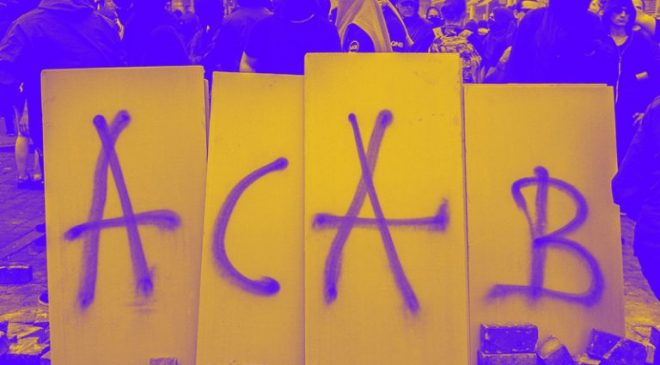How might a collective arrive at a perfectly regulated law? Well, it would by whatever decision making process it had devised (let’s say it is a perfect process, discovered somewhat as a blind hog occasionally finds an acorn) to decide on one law. Then assuming that a perfect law requires perfect enforcement, the collective would divide itself in half, hoping again for a perfect process, to wit they can unerringly discern the half of the population who would be tempted to break the law and separate them from the half who believed in the law sincerely enough to enforce it. Then comes an assignment of 1 person from the second half to 1 person from the first half, the former’s job to keep 24/7 watch on the latter for slippage in compliance. Now, let us recognize that among the half who are enforcers, half of them are less likely to take their jobs as seriously as the other half. Who shall guard the guard? As an aside we know that one person cannot guard another in perpetuity, therefore, being reasonable we shall break the guarding up into 8 hour shifts — now we have 3 policepersons for every civilian. But anything over 50-50 requires more people than we have at the start. Therefore, I contend that we cannot have more than one law, and even that is, if not impossible, highly improbable. Amiright?
Kilgore



